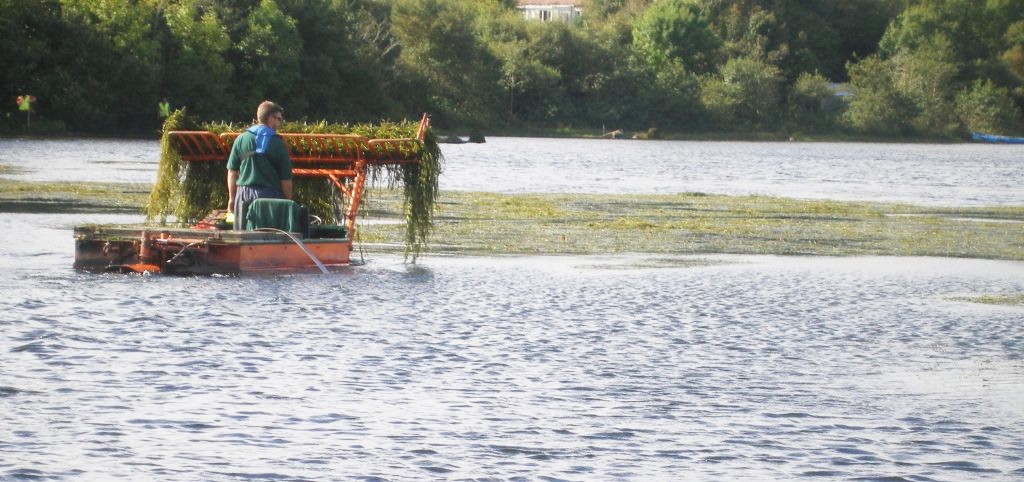Issues Caused by Aquatic Weeds
Lakes and ponds can be beautiful sources of relaxation and fun. They are also home to a thriving ecosystem of aquatic animal and plant species. However, weeds can cause a slew of problems if they are not properly managed. If a lake or pond is overgrown it is possible that the whole ecosystem will suffer and even disappear. Aquatic weeds also cause bodies of water to appear slimy and unappealing. If they remain unmaintained, these weeds can cause problems such as:

1. Low Dissolved Oxygen Levels
Aquatic wildlife is very dependent on a balanced level of dissolved oxygen within lakes and ponds. Water with too much phosphorous or nitrogen often results in the growth of algae. As the algae die, the decomposition process requires dissolved oxygen, leaving a lower level for fish and other water creatures to use. While algae tend to be the biggest contributor to this problem, the … Read more

 Uzochukwu Mike
Uzochukwu Mike